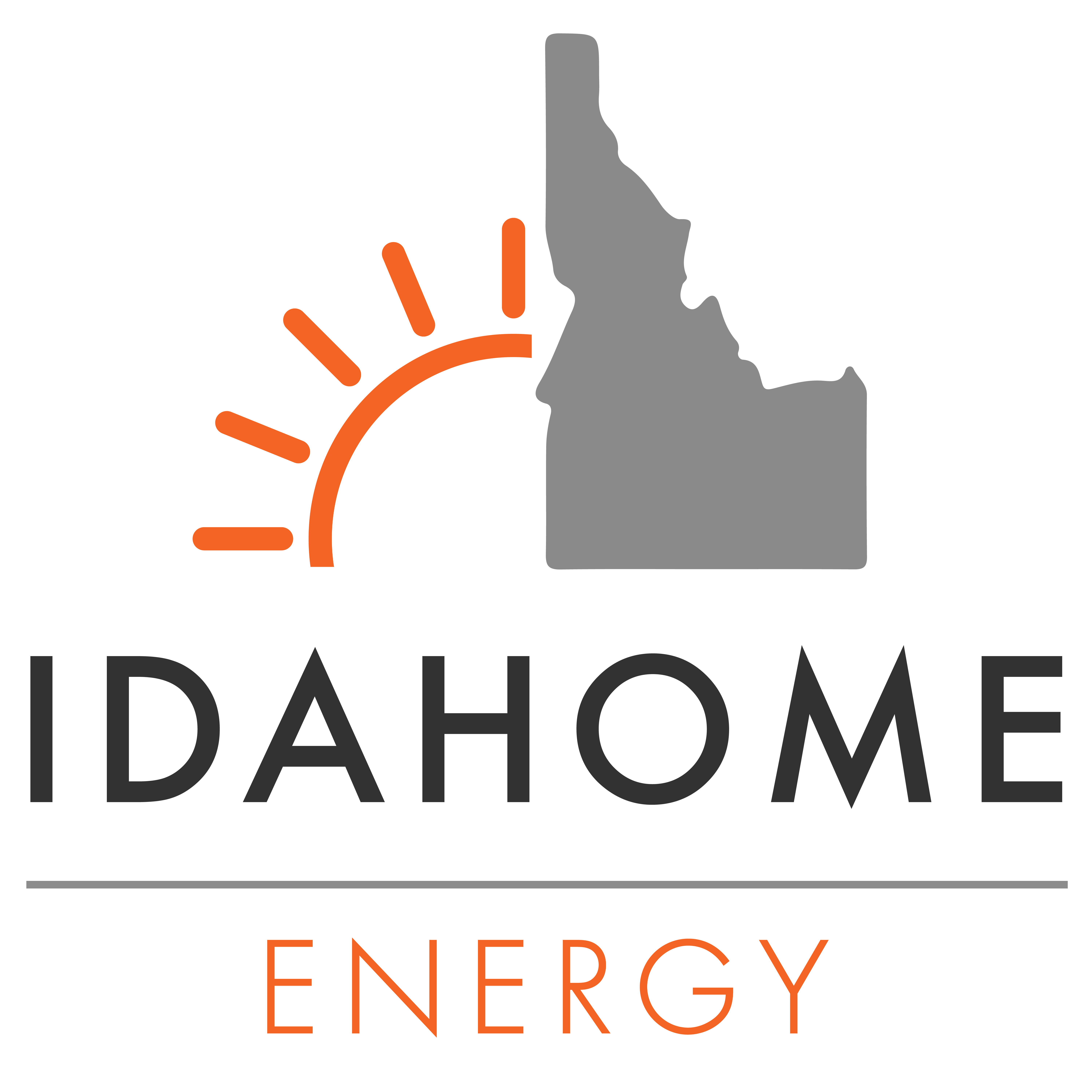FAQ
Frequently Asked Questions
How do solar panels work?
Solar panels work by converting sunlight into electricity through photovoltaic cells. These cells generate direct current (DC), which is then converted into usable alternating current (AC) electricity for homes and businesses.
What are the benefits of installing solar panels?
Installing solar panels can lead to reduced electricity bills, lower carbon footprint, increased home value, and energy independence. It’s a sustainable and cost-effective way to generate electricity.
How long do solar panels last?
Solar panels typically have a lifespan of 25-30 years or more. They often come with warranties that guarantee a certain level of performance over a specified period.
How much maintenance do solar panels require?
Solar panels are low-maintenance. Regular cleaning and occasional checks for debris are usually sufficient. Most reputable solar companies offer maintenance services as part of their packages.
Will solar panels work on cloudy days or at night?
Solar panels can still generate some electricity on cloudy days, although their efficiency is reduced. They do not produce electricity at night. However, energy stored in batteries or obtained from the grid can be used during non-sunny periods.
What is net metering, and how does it work?
Net metering is a billing arrangement that allows solar system owners to receive credit for excess electricity they generate and feed back into the grid. This credit can be used when the solar system isn’t producing enough electricity.
How much does a solar panel system cost?
The cost of a solar panel system varies based on factors like system size, location, and installation. Many homeowners can take advantage of government incentives and financing options to make solar more affordable.
Are there government incentives for installing solar panels?
Yes, there are often federal, state, and local incentives, including tax credits and rebates, to encourage solar adoption. Check with local authorities or your solar provider for available incentives.
What happens during a power outage if I have solar panels?
Most grid-tied solar systems shut down during a power outage to prevent back feeding electricity into the grid. However, some systems with battery storage can provide backup power during outages.
Can I install solar panels on a roof that faces any direction?
While south-facing roofs are ideal, solar panels can still be effective on east or west-facing roofs, with slightly reduced efficiency. A professional solar assessment can determine the optimal placement for your specific situation.
Will installing solar panels increase the resale value of my home?
Yes, studies have shown that homes with solar panel installations tend to have higher resale values. Potential buyers are often attracted to the prospect of lower energy bills and sustainable living.
How long does it take to recoup the cost of a solar panel system?
Yes, studies have shown that homes with solar panel installations tend to have higher resale values. Potential buyers are often attracted to the prospect of lower energy bills and sustainable living.
Will installing solar panels increase the resale value of my home?
The payback period varies depending on factors like energy usage, system size, and local incentives. On average, homeowners can expect to recoup the cost within 6 to 10 years.
Be Energy Independent
Start your energy independence journey today! Having a solar energy system installed on your home means you have your own independent power source.
To learn more about the many benefits of solar contact us today for your free consultation!
